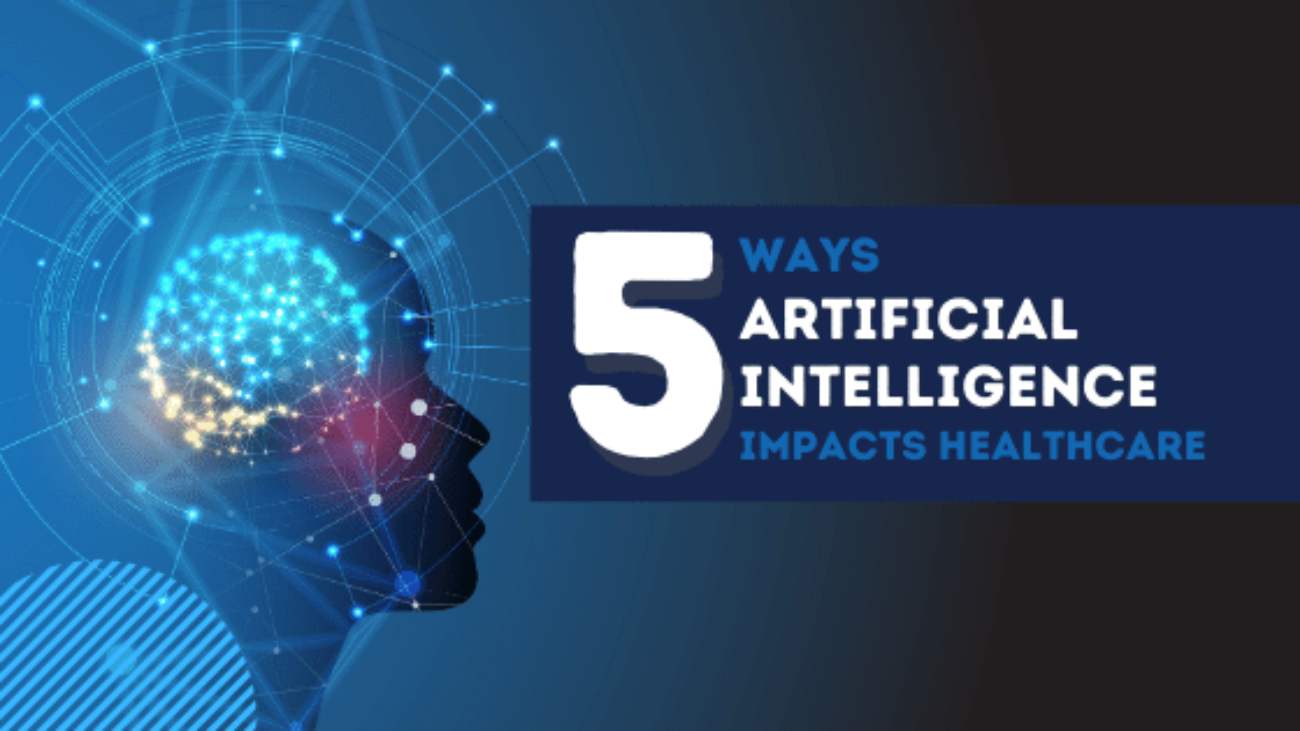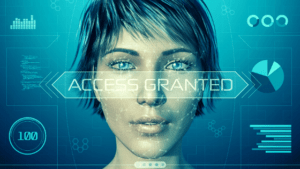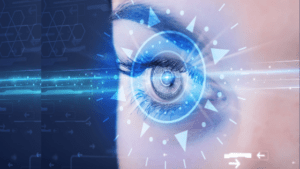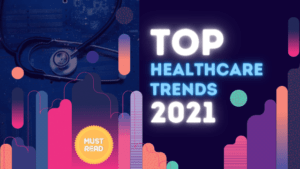We can’t disagree to the fact that artificial intelligence is self-assured to be a transformational force in healthcare industry. How do you think both healthcare professionals as well as patients benefit from AI driven tools? Is machine learning creating a new path for healthcare professionals to revive their skills? A lot more answers to find for many questions!
Right from chronic disease, and cancer to radiology and risk assessment, artificial intelligence has endless opportunities to leverage technologies in order to deploy many effective, efficient, also impactful interventions in the exact time. As payment structure evolves, patients demand for more from healthcare professionals. As the available data volume gradually increases when artificial intelligence continues to remain as the most essential one.
Artificial intelligence offers wonderful advantages on traditional analytics and decision making techniques in a unique manner. Healthcare professionals need not worry about algorithms as it becomes very easy to follow a precise and accurate method of interacting with data, and allows healthcare professionals to gain insights into diagnostics, care processes, treatment variability as well as patient outcomes.
This article helps you learn 5 ways artificial intelligence impacts healthcare industry and billing.
1.Unite mind and technology through Brain-Computer Interface:
- Using computers for communication is a very old idea but making direct interfaces between technology and mind by leaving keyboard, mice and monitors is a demanding area of research where it has significant applications especially for patients.
- In the case of Neurology diseases, trauma to the nervous system, takes away the ability to speak, move and interact with others in some patients.
- Brain-Computer Interfaces in artificial intelligence can aid in restoring the data and the fundamental experiences for those who feared losing it forever.
- “When I see somebody who suddenly lost their ability to move and speak, we try our best to restore and make them communicate within days”, Leigh Hochberg, MD, PhD, Director of the Center for Neuro-technology and Neuro-recovery at MGH.
- With the help of Brain-Computer Interfaces and artificial intelligence, healthcare professionals are given a golden chance of decoding the neural activities that’s associated with the intended movement of one’s hand. It provides an opportunity for the patient to communicate in the same way just like many in the room communicated five times.
- Brain-Computer interfaces sometimes can drastically improve the quality of life for patients admitted with strokes, locked in syndrome and also for patients who experience spinal cord injuries every year.
2.Radiology tools Development for Next Generation:
- Firstly, the Radiological images those obtained from MRI scans, CT scanners, and X-rays actually offer non-invasive visibility into the inner workings of human body.
- Most of the diagnostic processes yet rely on physical tissue samples those got through biopsies carry the risks of potential for infection.
- Artificial intelligence enables the next generation radiology tools that are accurate and detailed enough to replace the need for tissue samples as predicted by experts earlier.
- The goal of artificial intelligence in the healthcare industry is to bring a diagnostic imaging team together with surgeon or interventional Radiologist or Pathologist. Bringing them all together and perfectly aligning is the greatest challenge.
- To get the information through imaging which is now obtained through tissue samples, it’s an ability to achieve close registration so that ground reason for any pixel is automatically known.
- This can be challenging as it allows clinicians to understand more deeply about tumor behavior as a whole instead of relying on treatment decisions on properties of small segments of malignancy.
3.Expanding access to Care in Developing Regions:
- The storages of well-trained healthcare professionals including ultrasound technicians, radiologists can limit the access to life saving care around the world, especially in the developing regions.
- Artificial intelligence actually helps to mitigate the impacts of staff deficit by taking over some of the most diagnostic duties allocated only for humans.
- Artificial intelligence can screen chest X-rays for signs of tuberculosis, by often reaching to the level of accuracy comparatively to humans.
- The above capability can be obtained through various applications for healthcare professionals in low resource areas.
4.Reducing EHR Burden:
- Electronic Health Records have played an instrumental role in healthcare industry with digitalization but they have minute problems associated with cognitive overload, endless documentation and user burnout.
- EHR developers have started to adapt artificial intelligence in order to create more intuitive interfaces and tried to automate some of the routine processes which consume more of the user’s time.
- Artificial intelligence also will pave a way to process routine requests from the inbox just like medication refills, result notifications and also prioritize the tasks that truly require clinician’s attention by making it user friendly.
5.Contains the risk of Antibiotic resistance:
- Antibiotic resistance is an increasing threat of populations around the world, as the overuse of drugs fosters the evolution of superbugs that halts responding to treatment.
- Electronic Health records data actually helps in identifying infection patterns and highlights patients risk before exhibiting symptoms.
- Leveraging artificial intelligence tools and machine learning can actually enhance the accuracy and create faster alerts and reminders for healthcare professionals.
- Analytics can drill down to extremely large digital images to allow healthcare professionals identify nuances that might escape from human.
Hope you got the information on artificial intelligence impact on healthcare. For more articles on artificial intelligence, please visit our blog. For more suggestions, please comment below. Don’t forget to follow us on Facebook LinkedIn and Instagram. To know more about healthcare, please subscribe to our blog. You can also download the latest healthcare books free here




